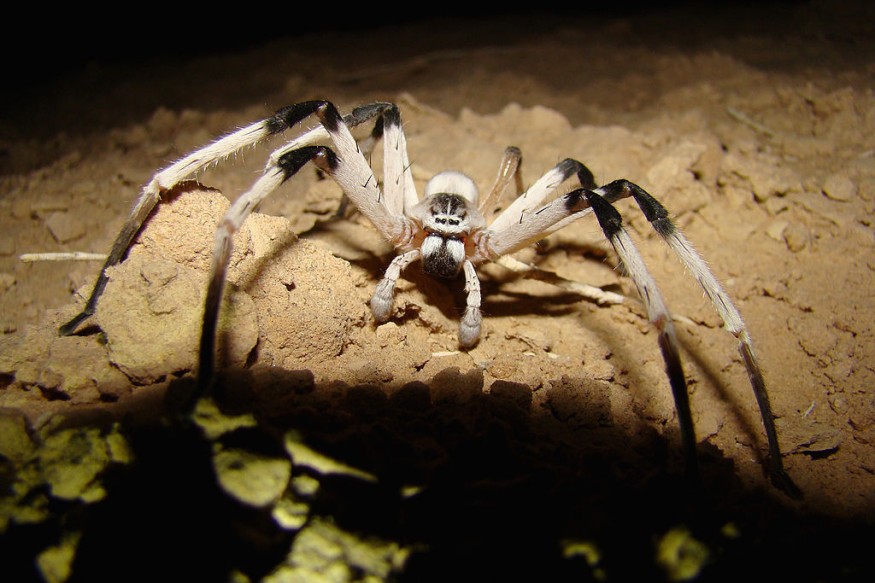Joro spiders in the US state of Georgia are likely to spread and colonize the Eastern Seaboard of the US, according to the projection of a new study.
Researchers said the invasive spiders will pose a threat of spreading to the entire East Coast of the US.
In 2021, the invasive species of Joro spiders were seen thriving near houses, along with power cables, on trees, and in other areas during the summer season, which spans between June and September each year in the US, according to the researchers.
The said spiders are native to East Asia, notably China, Japan, and Taiwan.
The arachnids' first arrival in Georgia was reported approximately between 2013 and 2014. Since then, the Joro spiders have spread across the state and the southeast part of the US.
Colonization of the Eastern Seaboard

Researchers from the University of Georgia in Athens, Georgia, published their study on the Joro spider (Trichonephila clavate) arachnids in Physiological Entomology on Feb. 17.
The study focused on the invasive spiders and their potential threat of spreading in the entire East Coast of the US.
The study acknowledged that limited data is available on the biology or physiology of the East Asia spiders, and it is not entirely clear how the arachnids arrived in Georgia.
Over recent years, the spiders significantly grew in population across the state.
The University of Georgia researchers conducted their study and acquired data by examining online records published at iNaturalist.org to determine the physical traits of the spiders and project their movement based on season and time-related factors.
Biological and Physiological Traits
The researchers collected records of female Joro spiders and analyzed their physiological traits, including heart rate, metabolic rate, and survival rate.
These traits allowed the researchers to predict the environmental tolerance of the spiders, as well as their cold-resistance physiological features.
The spread of the Joro spiders in Georgia was imminent and there are no known measures to stop the spiders when they spread beyond the state, according to Andy Davis, an author of the study and a research scientist at the University of Georgia, Ecology as cited by Phys.org.
Davis added that the spiders are not lethal and they do not have an impact on the local food web and natural ecosystem.
The scientists reminded killing the spiders is unnecessary and people will need to learn to live with them.
Spider Invasion of Georgia
In November 2021, CBS News said millions of the large Joro spider arachnids swamped their golden web along power lines, front porches, and vegetable patches in northern Georgia throughout the year.
The incident has reportedly raised concerns and panic on social media, including from affected homeowners.
The time and manner of the arrival of the East Asia native arachnids into the US are still unclear.
According to the Georgia Museum of Natural History, as cited by the University of Georgia, the best guess would be they arrived inside a shipping container along Interstate 85 (I-85) in Braselton, Georgia.
With the findings of the new study, the Joro spiders were found to survive cold temperatures and even during temporary below freezing temperatures, the basis used by the researchers to predict the Joro spiders can colonize the Eastern Seaboard of the US.
Related article: Giant 1,000-Foot Spider Web Blankets Entire Lagoon In Greece
© 2026 NatureWorldNews.com All rights reserved. Do not reproduce without permission.





